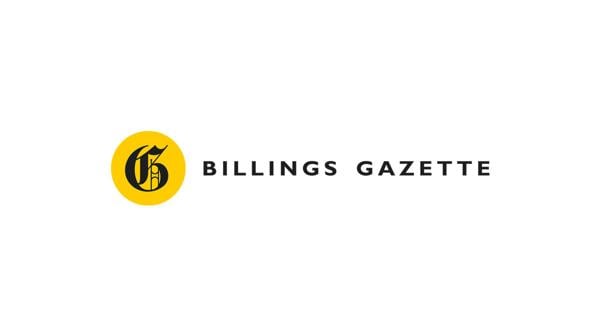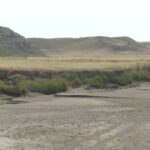Deadly heat waves have gripped the country for weeks now. A horrifically destructive hurricane destroyed or damaged up to 98% of buildings in its path in the Caribbean and left millions of Americans without power.
These are just the latest in a fast-growing tally of unprecedented weather events. Climate change is real; it is happening, and more politicians and government agencies need to take it seriously.
They could start by taking care of our natural landscapes and following the Bureau of Land Management’s example. The BLM has taken bold steps to keep our public lands healthy and clamp down on one of the most egregious contributors to climate change: irresponsible oil and gas development on public lands.
First, the BLM’s Oil and Gas Leasing Reform Rule, finalized this spring, takes long-overdue steps to address orphaned and idle wells on public lands. At the end of 2023, there were nearly 8,500 idle wells on federal lands that haven’t been formally labeled, but for all intents and purposes, are orphaned wells. The EPA estimates there are potentially millions of uncapped wells across the country leaking nearly 2,800,000 tons of methane — a greenhouse gas 25 times more potent than carbon dioxide — into the atmosphere every year.
People are also reading…
For far too long, the oil and gas industry has been able to walk away from wells once they are no longer productive, with no meaningful recourse from the BLM to hold them financially accountable for the tens of thousands of dollars it takes to cap and rehabilitate a well site. However, with this Leasing Reform Rule protects citizens by ensuring companies put up a bond to cover cleanup costs before they are granted a drilling permit in the first place.
Second, the Public Lands Rule directs the BLM to put conservation and recreation on equal footing with resource extraction when making management decisions. This doesn’t change the BLM’s decades-old multiple-use and sustained yield mission; it uses the agency’s long-standing responsibility to manage public lands for future generations to to restore and improve conditions for farming and ranching, recreation, and wildlife habitat.
Together, these rules give the BLM important tools to address the climate crisis and support healthy public lands. It modernizes the financial obligations of the producers to better match the true cost of oil and gas production in these communities. The Leasing Reform Rule will hold oil and gas producers accountable and disincentivize them from walking away from wells after they’re done with them. The Public Lands Rule will ensure locally developed land health standards are a central focus in every agency decision, helping protect healthy wildlife habitat, clean water, and public land access.
I’m not opposed to oil and gas. I drive a car and heat my home just like everyone else. But the production needs to be done in a way that doesn’t ignore environmental, ecological, and health concerns for surrounding communities. And it needs to be done in a way where the public isn’t left paying to clean up the messes left behind by the producers. These rules are a huge step in the right direction.
Efforts in Washington, D.C., by three out of four members of Montana’s federal delegation that seek to undo or undermine them are telling. Sen. Steve Daines is leading the charge in the Senate with a resolution to overturn the Leasing Reform Rule. Reps. Ryan Zinke and Matt Rosendale endorse resolutions in the House to overturn or undermine both rules.
But that’s not what Montanans want. A recent poll from Colorado College affirms that 93% support the Leasing Reform Rule’s bonding and orphan well provisions. Another recent poll from the University of Montana confirms that 70% of us support the Public Lands Rule.
Actions speak louder than words. Sen. Daines, Rep. Zinke, and Rep. Rosendale all claim to be defenders of public lands, but their efforts to undermine our nation’s largest public land management agency clearly demonstrate they are anything but. These three are poised to sacrifice future generations’ access to healthy public lands for a few press clips and campaign donations over the clear calls from their constituents.
Andy Wanta is a geologist and environmental consultant who has worked on over 50 orphan well cleanup sites. He lives in Helena and is an avid hunter, angler, hiker, and nature lover.





